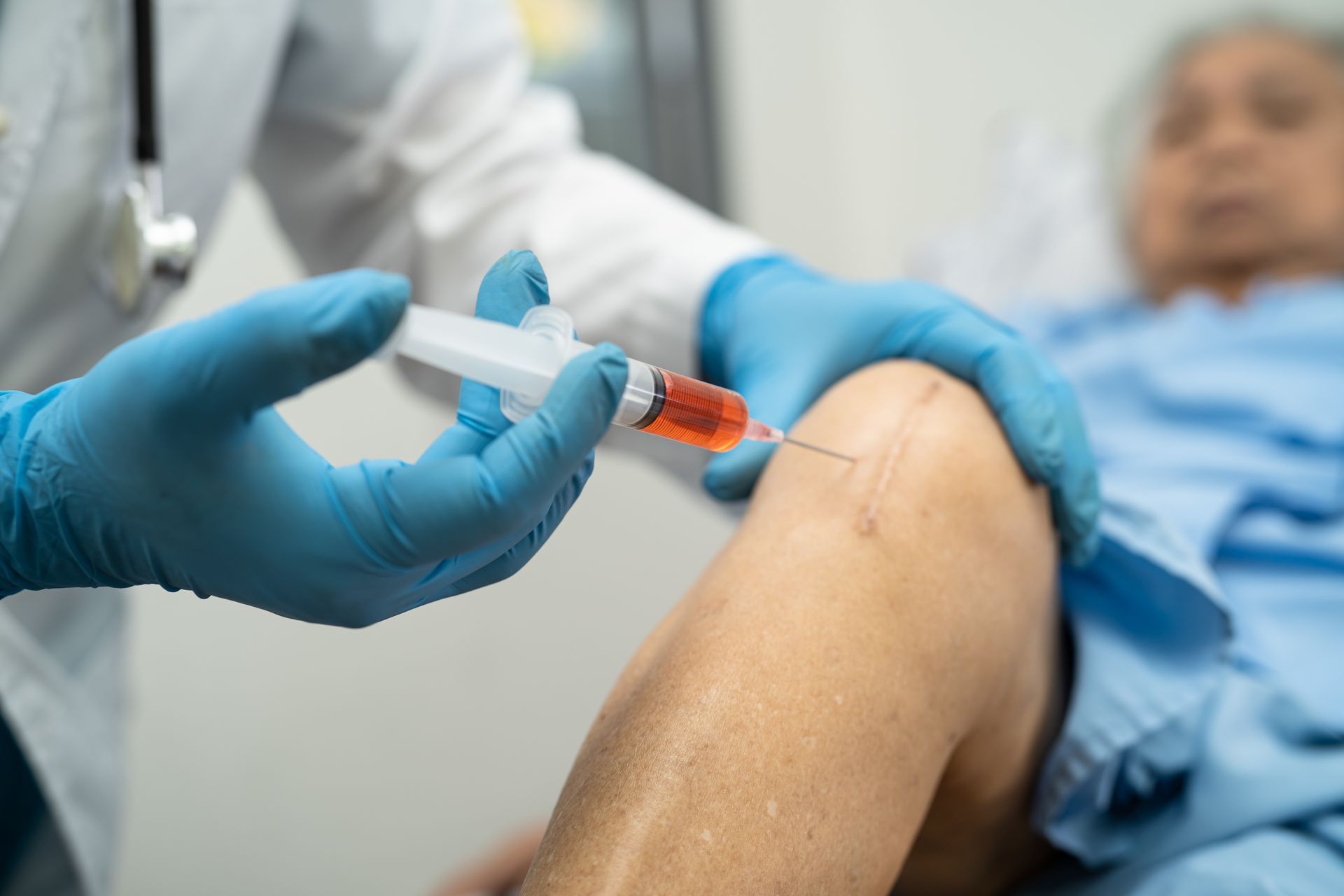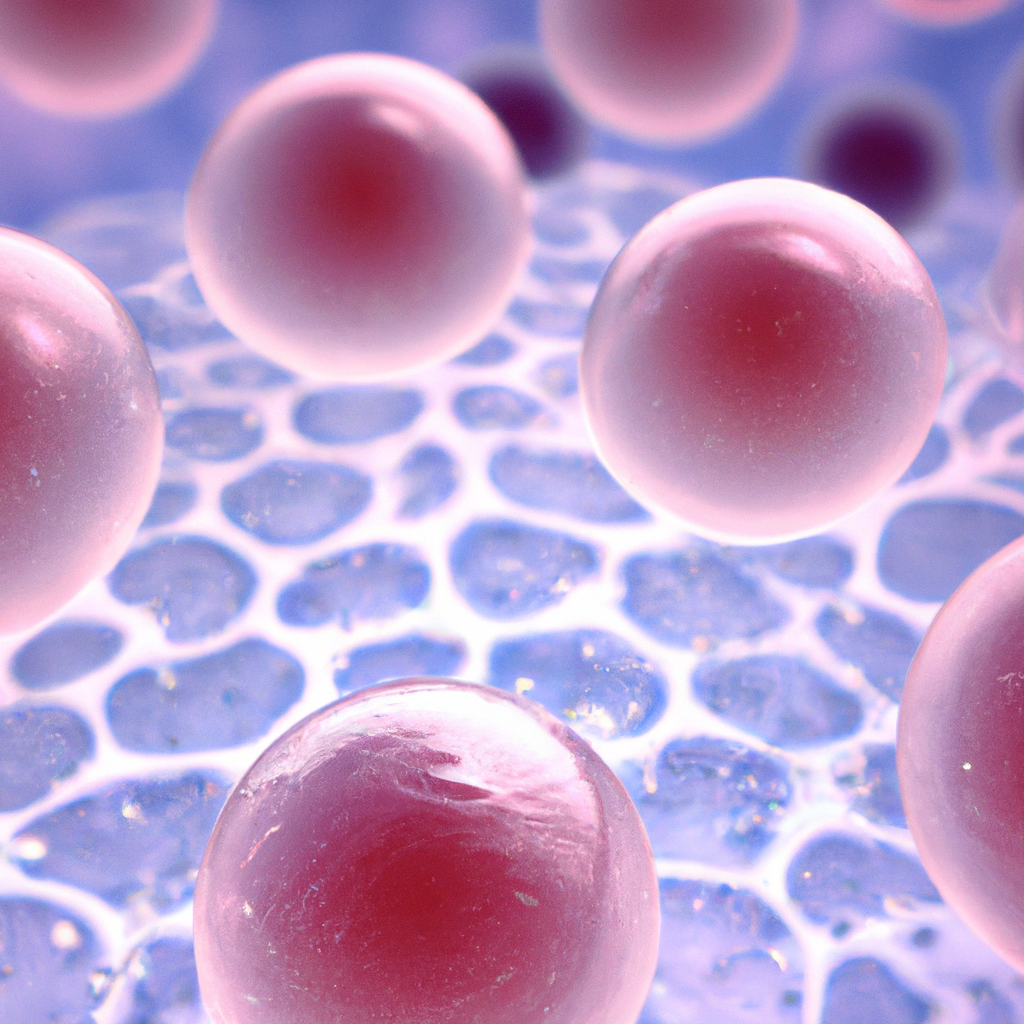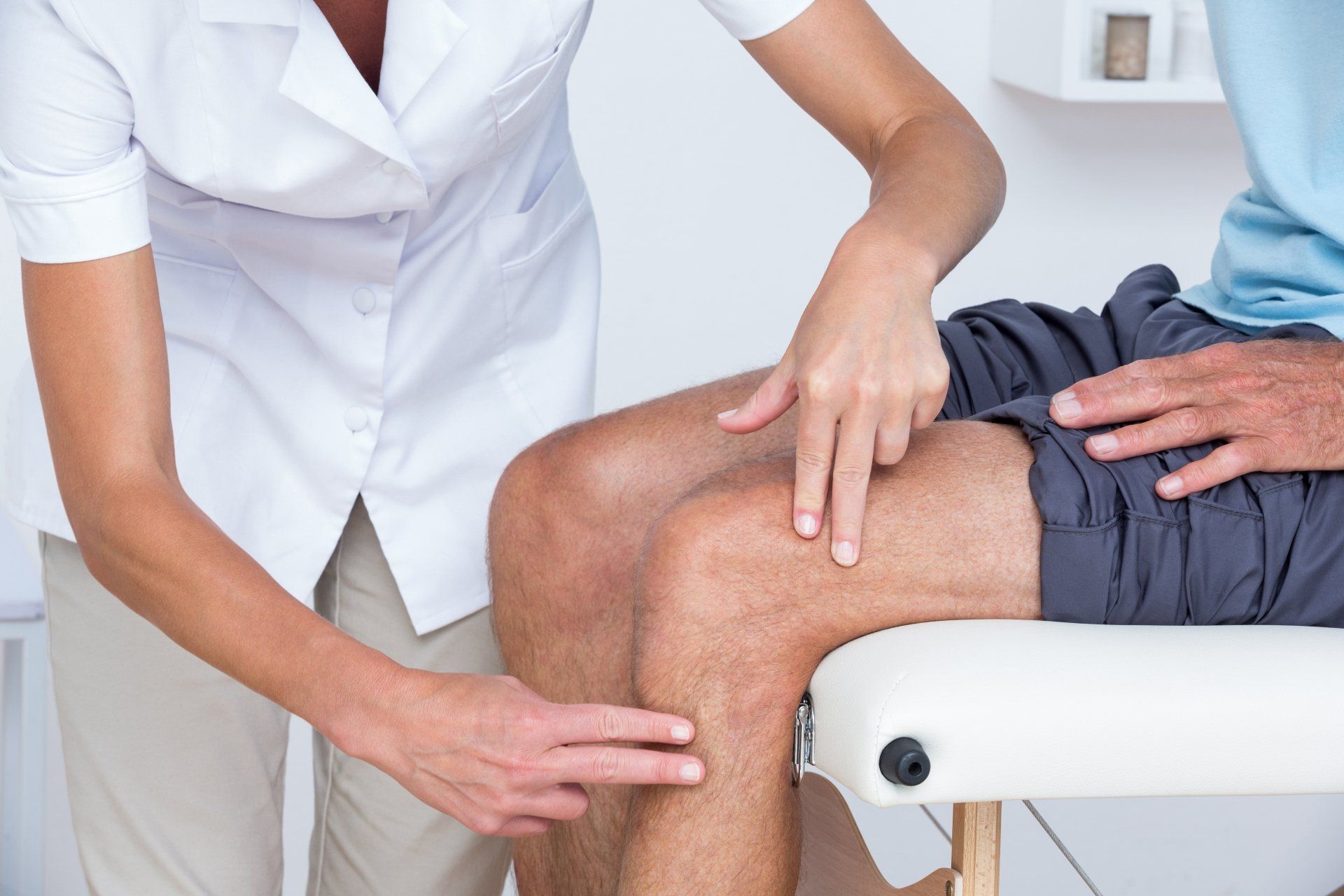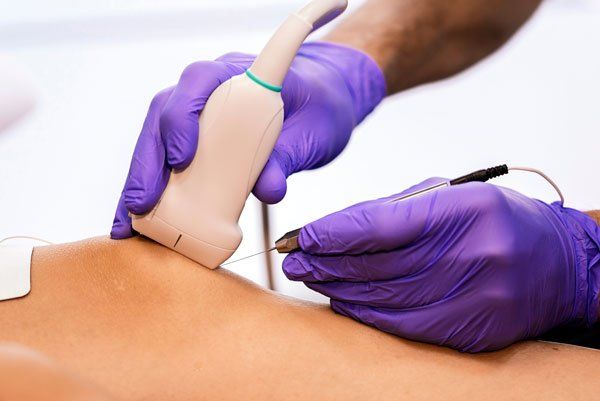Stem Cells or Snake Oil: Are You Sure You’re Not Being Scammed?
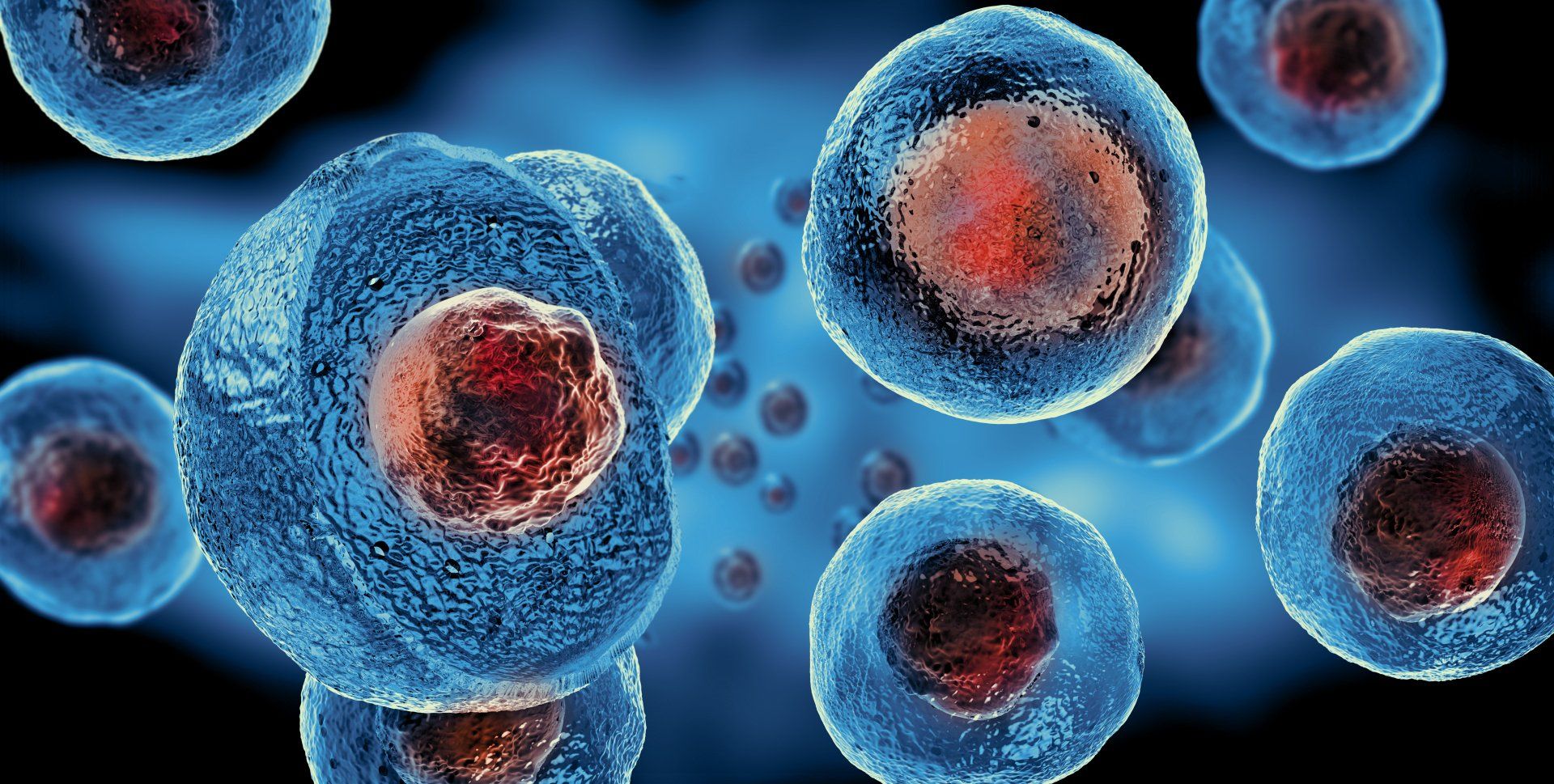
Today, you’ll find many clinics and chiropractic centers offering stem cell treatments for different ailments. The problem is, the stem cell source they’re using may not always be reliable. In fact, and you may be surprised to know this, some purported stem cell treatments actually contain zero stem cells. You really need to understand what’s going on here before you consider giving your hard-earned money to a clinic for a stem cell procedure. You don’t want to end up spending thousands of dollars on snake oil.
Let’s begin by looking at the two main sources of stem cells used in treatments:
- Umbilical cord (UC) stem cells
- Autologous mesenchymal stem cells (MSCs)
UC stem cells are derived from umbilical cord blood. There are companies out there whose sole business model is to collect UC tissue, process and preserve it, and then sell to clinics.
Autologous MSCs are derived from the patient's own bone marrow or adipose tissue. They’re freshly harvested and used for the patient’s own procedure.
If you do a quick internet search, you’ll find many clinics – usually chiropractic centers – offering miraculous results from umbilical cord injections. A few established regenerative medicine clinics – like Spectrum – only offer stem cell injections that come from autologous sources, like your own bone marrow or body fat. You might be tempted to choose the former, as it may seem like a simpler process. But there is one significant difference:
Umbilical cord blood does not provide the MSCs necessary for healing and regeneration.
Most kinds of chronic body pain, like knee, hip or shoulder pain, results from a condition called osteoarthritis, which causes wear and tear of the cartilage in joints. MSCs have the unique ability to convert themselves into specialized cells that help that cartilage grow again. Therefore, the success of your stem cell injection is largely dependent on the number of MSCs it delivers. Here is a quick rundown of some interesting facts about MSCs in umbilical cord blood.
Cord blood contains far fewer stem cells than autologous sources
Several studies have shown that isolating MSCs from cord blood is ineffective, indicating that it simply doesn’t contain as many MSCs as bone marrow or body fat. For example:
- Mareschi and his fellow researchers attempted to isolate MSCs from bone marrow and umbilical cord blood under similar conditions.1 They reported that they were able to isolate MSCs from bone marrow, but not from cord blood.
- Secco and other investigators attempted to extract MSCs from umbilical cord blood and cord tissue.2 They found that it was possible to extract MSCs from cord blood from only one out of every ten samples.
- Kern and his team compared the characteristics of MSCs isolated from three sources – adipose tissue, bone marrow, and fresh umbilical cord blood.3 They found that the number of MSCs that could be extracted from cord blood was 37% less than those from the other two sources. The differentiation capacity (effectiveness) of cells extracted from cord blood was also lower.
Stored cord blood and other amniotic products do not contain living stem cells.
The only study from the above examples that were actually able to isolate MSCs used fresh cord blood. However, treatment clinics that offer ‘stem cell injections’ don’t use that! They source it from cord blood banks, which goes through several stages – it needs to be processed, stored at freezing temperatures, transported to the clinic, and thawed before use. Even if there was a tiny fraction of MSCs to start with, they simply die out during this prolonged handling and none are left by the time the patient receives the injection.
Other clinics use commercially available ‘amniotic fluid’ products, which they claim are a rich source of stem cells. However, two studies that rigorously tested these products have confirmed that they do not contain live cells.
Why, then, do a few scientific studies show some success with umbilical cord blood?
Yes, the success of cord “stem cell” injections has been widely advertised, and you may have heard various scientific studies quoted either by the clinics or vendors of such products. But most regenerative medicine specialists label such claims as ‘junk science’, as the results of the studies are grossly misinterpreted. Here are some things that you need to know when you look at these studies:
- Most scientific papers use fresh cord blood: If a scientific paper claims that they have evidence of ‘regrown cartilage’ using cord blood, it is more than likely that they have used fresh cord blood, obtained a few hours after birth, rather than cord blood that has been lying around for a long time in a bank.
- The ‘high cell counts’ may not refer to mesenchymal stem cells at all: Cord blood is actually rich in another cell type – the hematopoietic cell, which is more robust. This cell is useful in treating blood disorders like leukemia, but it cannot regrow cartilage. So, having a high hematopoietic cell count is useless for chronic body pain treatments.
- Studies use ‘culture-expanded’ forms of MSCs: In several scientific studies, the mesenchymal stem cells are isolated from fresh cord blood, and multiplied under artificial conditions in a laboratory. This is referred to as ‘culture expansion’, and only these artificially grown cells are used for stem cell injections. This is not what happens in those clinics! They just use cord blood that, at the most, has been processed, frozen and thawed.
Umbilical cord blood and amniotic products put you at a greater risk of adverse events
Can you get a blood transfusion from just anyone? No, you would have to be matched to the right donor to avoid adverse reactions. Similarly, cord blood and amniotic products can trigger immune reactions, leading to fever, rash and other symptoms. Most clinics do not match patients to commercial samples. Furthermore, there is a risk of infection if the product is contaminated. One manufacturer recalled an entire batch of products after 12 successive patients developed bacterial infections following injections.
It must also be noted that umbilical cord cell treatment is not approved by the FDA, except for specific blood disorders. No commercial cord blood or amniotic derivative product has FDA approval as of today.
Only go for stem cell treatments that use autologous MSCs
In contrast to all of the above, with autologous stem cells, the tissue is taken from your own body. The stem cells are isolated and injected back to the target area. This minimizes the risk of immune reactions or infection. The FDA does not require a premarket review for autologous stem cell transplants, making this the only safe and approved form of stem cell treatment currently available in the United States.
At Spectrum Stem Cell and Regenerative Medicine Center (Spectrum), we only use stem cells that have been sourced from your own body. Our stem cell injection procedures are performed by highly skilled regenerative medicine specialists, based on advanced techniques. We only believe in providing our patients with evidence-backed, scientific treatments, and procedures.
REFERENCES
1. Mareschi K, Biasin E, Piacibello W, Aglietta M, Madon E, Fagioli F. Isolation of human mesenchymal stem cells: bone marrow versus umbilical cord blood. haematologica. 2001 Jan 1;86(10):1099-100.
2. Secco M, Zucconi E, Vieira NM, Fogaça LL, Cerqueira A, Carvalho MD, Jazedje T, Okamoto OK, Muotri AR, Zatz M. Multipotent stem cells from umbilical cord: cord is richer than blood!. Stem cells. 2008 Jan;26(1):146-50.
3. Kern S, Eichler H, Stoeve J, Klüter H, Bieback K. Comparative analysis of mesenchymal stem cells from bone marrow, umbilical cord blood, or adipose tissue. Stem cells. 2006 May;24(5):1294-301.
4. Panero AJ, Hirahara AM, Andersen WJ, Rothenberg J, Fierro F. Are Amniotic Fluid Products Stem Cell Therapies? A Study of Amniotic Fluid Preparations for Mesenchymal Stem Cells With Bone Marrow Comparison. Am J Sports Med. 2019;47(5):1230-1235. doi:10.1177/0363546519829034
5. Becktell L, Matuska A, Hon S, Delco ML, Cole BJ, Fortier LA. Proteomic analysis and cell viability of nine amnion-derived biologics. Osteoarthritis and Cartilage. 2019 Apr 1;27:S292.
6. Perkins KM, Spoto S, Rankin DA, et al. Notes from the Field: Infections After Receipt of Bacterially Contaminated Umbilical Cord Blood–Derived Stem Cell Products for Other Than Hematopoietic or Immunologic Reconstitution — United States, 2018. MMWR Morb Mortal Wkly Rep 2018;67:1397–1399. DOI: http://dx.doi.org/10.15585/mmwr.mm6750a5
7. US Food and Drug Administration. Statement from FDA Commissioner Scott Gottlieb, M.D. on the FDA’s new policy steps and enforcement efforts to ensure proper oversight of stem cell therapies and regenerative medicine. Published August 28, 2017. https://www.fda.gov/news-events/press-announcements/statement-fda-commissioner-scott-gottlieb-md-fdas-new-policy-steps-and-enforcement-efforts-ensure.

